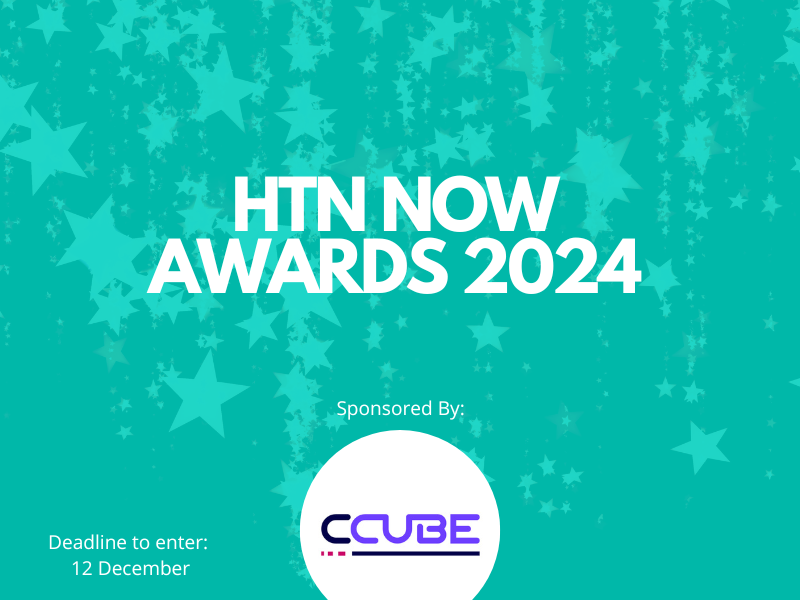Andy Williams, Black Country Sustainability and Transformation Plan Lead:
“In the Black Country and West Birmingham we have a diverse and changing population and demand for health and care services is growing and evolving. We need to work together to meet these challenges within a tight financial envelope. The Sustainability and Transformation Plan enables us to do this in a way we could not do as individual organisations.
“Today we are publishing our plans and highlighting the ways that they will benefit local people. This is the start of a conversation about these plans with partner organisations and our population. We will be engaging with local people in more detail as our proposals develop.
“By tackling waste, improving standards and working together, we can avoid a potential increase in health costs of over £413 million per year by 2021. This will give better value to the taxpayer, equivalent to £680 a year for every household in the Black Country and West Birmingham.”
The full Black Country and West Birmingham Sustainability and Transformation Plan can be found at http://sandwellandwestbhamccg.nhs.uk
Black Country and West Birmingham Digital Strategy:
Digital enablement – both for services and for patients – is a key enabler of service transformation leading to sustainability.
- Person-Centred Digital Health Digital solutions must be ‘person-centred’; based on the needs of the end user and must be able to demonstrate measurable health and/or economic benefits.
- Interoperability ‘If you’re known to one of us, you’re known to all of us’. Solutions must be capable of ‘sharing by default’ through the use of interoperability standards while at the same time respecting trust and confidentiality. Citizens and Users need to be confident that information is accurate, up to date and only shared legitimately.
- Big Data Used properly, Big Data leads to meaningful information and so to insight, action and results and further data. We will create this virtuous circle for our STP.
- Prevention through digital enablement Risk stratification to target proactive interventions; remote monitoring and telemedicine to improve adherence to treatment, manage LTC closer to home and prevent crisis; move knowledge from specialists to those responsible for care (including patients).
Their plan is to:
- Accelerate production and convergence of Local Digital Roadmaps, aligning existing plans;
- Form Black Country and West Birmingham Digital Transformation Board to lead, drive and own delivery;
- Develop Digital Delivery Plans to take us from current state (16/17) to digitally enabled state (17/18) to connected state (18/19) to integrated state (19/20);
- Accelerate and support extant plans within organisation & LDR footprints, ensure one direction, avoid duplication, minimise ‘risk of regret’ & maximise triple aim benefits; and
- Rapidly identify & deliver ‘quick wins’ such as ePrescribing, ToC (electronic correspondence), network rationalisation, and procurement efficiencies. ePrescribing alone is expected to generate annual savings of £24m, supported by an initial capital investment of £5m.
Digital Highlights
Around 34,500 patients with long term conditions, such as diabetes or heart problems, will be given technology to monitor their heart rate and blood pressure remotely, alerting the doctor if there are any signs of deterioration so problems can be nipped in the bud early.
Ensure the delivery of standardised enablers including common workforce competencies (especially in new roles); shared care records and other technology supportive of better care and self-management; and a common interface between health and social care across the Black Country and West Birmingham to reduce duplication, facilitate repatriation and reduce Delayed Transfers of Care.
How to use technology to enable the rapid spread of learning across both front line teams and the system as a whole. For example, it is feasible to envisage integrated community team members equipped with portable devices that:
- Provide access to a shared care record;
- Enable activity recording; and
- Facilitate social media type comments about how services are working for patients and staff (new ideas, positive or negative feedback on developments, identification of system blockages).
The delivery of GP services will be redesigned to facilitate patient consultation through modern technologies and digital platforms to increase access, productivity and reducing barriers associated with traditional consulting systems.
How will you deploy technology to accelerate change?
Our digital strategy will enable benefits in vertical and horizontal integration initiatives. These will both drive digital requirements and be partially shaped by digital potential (e.g. collaboration, analytics, big data, infrastructure).




